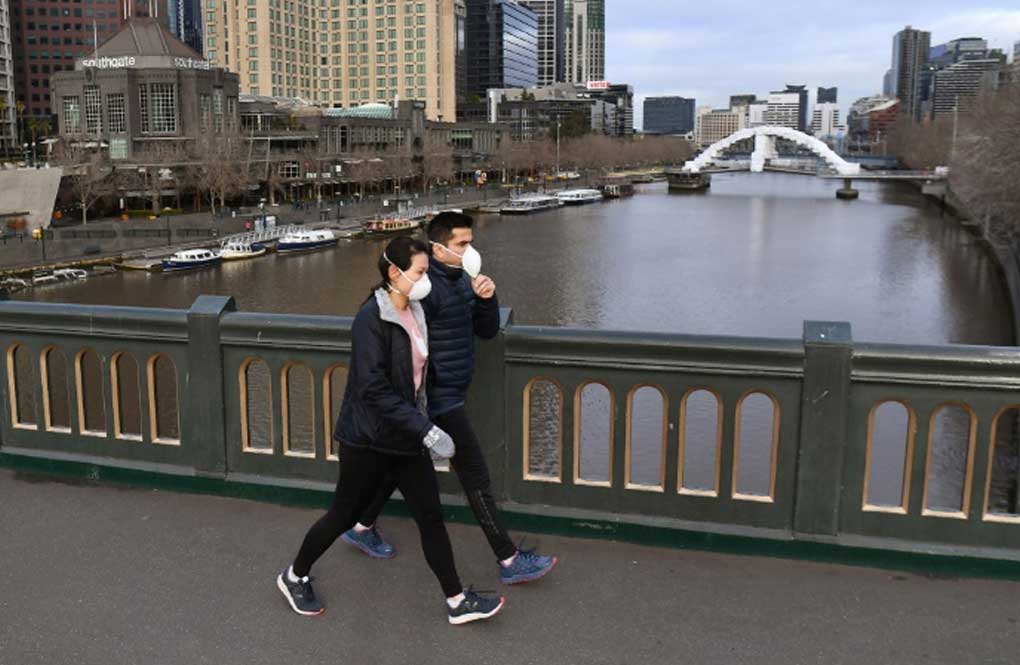Almost two-thirds of Australians believe the worst of the COVID-19 pandemic is behind them despite a new wave of infections and different variants of the virus emerging, research by Pfizer suggests.
One in three people is less likely to get tested when they have symptoms now compared with a year ago.
The findings have prompted stark warnings from health professionals.
University of Sydney infectious diseases specialist Professor Robert Booy said the apparent decline in testing was a major concern and urged Australians to keep up to date with their vaccinations.
“Recent federal government data has shown COVID-19 still poses a very real risk to the health of our communities as we move into a new wave of infections, specifically to those at higher risk of serious illness,” Prof Booy said.
“Testing earlier means people can seek medical advice sooner and can access anti-viral medicines faster if they are eligible.”
Almost two-thirds of Australians are also less concerned about how COVID-19 is affecting their community, while about half aren’t as worried about their own risk of serious illness.
One in five people who are at higher risk, such as those over 70 or with health conditions including heart disease, are less likely to get tested or see a doctor if they experience symptoms.
The research findings are based on a November survey of 1000 Australian adults by Pfizer Australia.
Higher-risk people are more likely to be severely ill and hospitalised because of COVID-19, so it’s important they act fast and speak to their general practitioner if they test positive, Hearts4heart founder Tanya Hall said.
Australians who are reinfected after previously being hospitalised could soon have greater access to government subsidised antivirals.
This week an advisory board recommended the Pharmaceutical Benefit Scheme lower it’s threshold from only those that are considered high risk of developing severe illness.
Following its November meeting, the Pharmaceutical Benefits Advisory Committee recommended the changes apply to antivirals, molnupiravir and nirmatrelvir and ritonavir.
If the changes are adopted eligible patients will be able to access the medicines from a pharmacy after returning a positive test and getting a prescription from their doctor.
Cases of the virus are continually on the rise in Australia, with a daily average of almost 10,800 cases as of the week ending November 15 – an increase of about 38 per cent on the previous week.
It is estimated 9800 Australians died from COVID-19 in the first 10 months of 2022, making it the third-leading cause of death between January and October, according to the Actuaries Institute.
Australian authorities are closely monitoring a second Omicron variant’s transmission overseas, and all indications are that a new COVID-19 wave has started in the country, Chief Medical Officer Paul Kelly has said.
In NSW, case numbers are rising at a slower rate than in previous weeks, which is consistent with the national trend.
(AAP)













